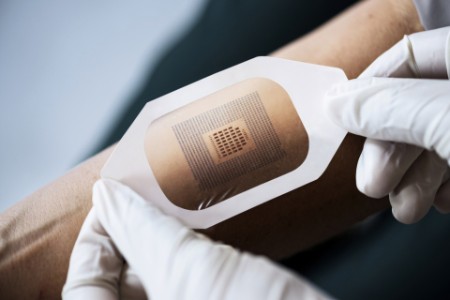Ecosystems with better results
E-health means that healthcare platforms will be created: first different platforms around one (chronic) disorder or health issue, later perhaps one main platform per disorder. In these ecosystems, traditional and non-traditional healthcare providers will combine and share data. If pharmaceutical and biotech companies want to continue to play a significant role, they will have to enter into partnerships with digital health companies, technology companies and healthcare financers.
The care platforms will enable patients or therefore consumers to take control of their own health. They will also have a positive impact on the results of care provision. For example, a company like Welldoc is used by health insurance companies to improve the results of diabetes treatments. After all, the success of such treatment depends not only on medication – by the way, the more chronic a disease, the less likely patients are to adhere to their therapy – but also on the patient's lifestyle. The Welldoc coach app guides type 2 diabetics in their diet, exercise and medication intake.
Another example is the Proteus digital chemotherapy pill, which registers via a sensor if and when the patient is taking his or her medication. The goal here also is to achieve better results with the prescribed treatment.
Policy choices based on data
Results become more measurable as well as more important as governments and health insurance companies base their financing policy on real world evidence. Who must capture those results and how, that is another pertinent question. We believe that more and more data exchanges will take place and intermediaries will enter the field to certify the accuracy of dat
Shift to prevention
The shift from treatment to prevention is also accelerating with the development of e-health. Traditional health companies feel the new players breathing down their necks. From an analysis by EY it appears that Alphabet, Microsoft and Apple took out no fewer than 313 health patents between 2013 and 2017 in the US.



